Mayte Mateos recalls from her residence in Mallorca how two dancers from the TVE ballet conquered the world with their Yes Sir, I Can Boogie
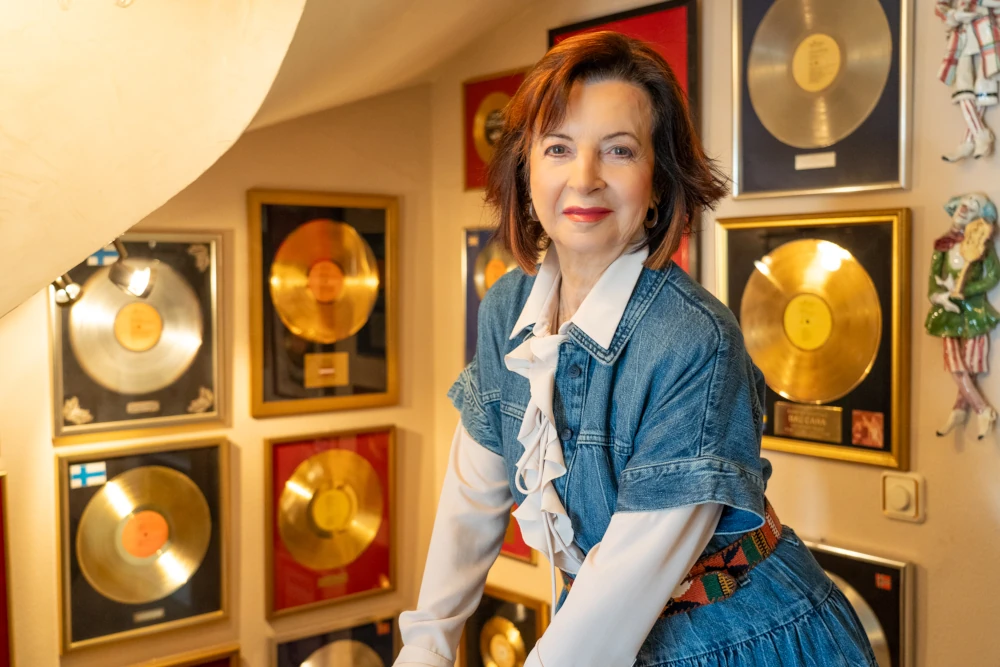
Mayte Mateos, half of Baccara, in her home in Mallorca. Photos: Piter Castillo.
The story of Baccara, the iconic duo formed by Mayte Mateos (1951) and María Mendiola (1952 – 2021), who conquered the world with the immortal Yes Sir, I Can Boogie (1977), has all the elements of an epic tale: chance, talent, meteoric success, and an unexpected ending. Mateos, a resident of Palma for two decades, unravels the key moments of this “fairy tale with a tragic end,” as she herself summarizes.
From her house in Palma, filled with awards -Golden Lion, Golden Bambi, Golden Microphone…-, gold records, and countless memories from that golden era, the Riojana recalls that “everything started because I managed to get my father to let me go to Madrid to study at the Conservatory.” From here, a series of fortuitous events began, such as when a friend pushed her to enter an audition where she didn’t even have to dance. “I came out with the paper, my hand trembling, while a friend told me: ‘See? If you don’t enter, you’ll never get anything.’ And that’s how she got into the ballet of Televisión Española, with Alberto Portillo, as a professional dancer on La hora de…
The Perfect Match
The ballet expanded, and that’s when Mayte met María. “She was much more whimsical than I, saying, we need to sing. I thought: She’s crazy; who would pick us…”. But a new opportunity came, thanks to the director of La hora de…, Martín Maqueda, “who kindly brought us into the program. We dressed similarly, inspired by the Kessler sisters, who were big in Germany. And that was the key; we now had something to show.” Their first gig was in Zaragoza, at a venue of dubious reputation, which sent them back to Madrid “for being too elegant.” From Zaragoza to Fuerteventura, they were hired by a hotel. There, their contract was extended due to their success, and “one day several music producers, including Leon Dane from RCA (now Sony), were there. We performed, and he quickly asked us: ‘Do you have a contract with a manager?’ He bought us tickets to Hamburg to make a song. It was like we had an angel taking us to every place where everything was surprising and new.”
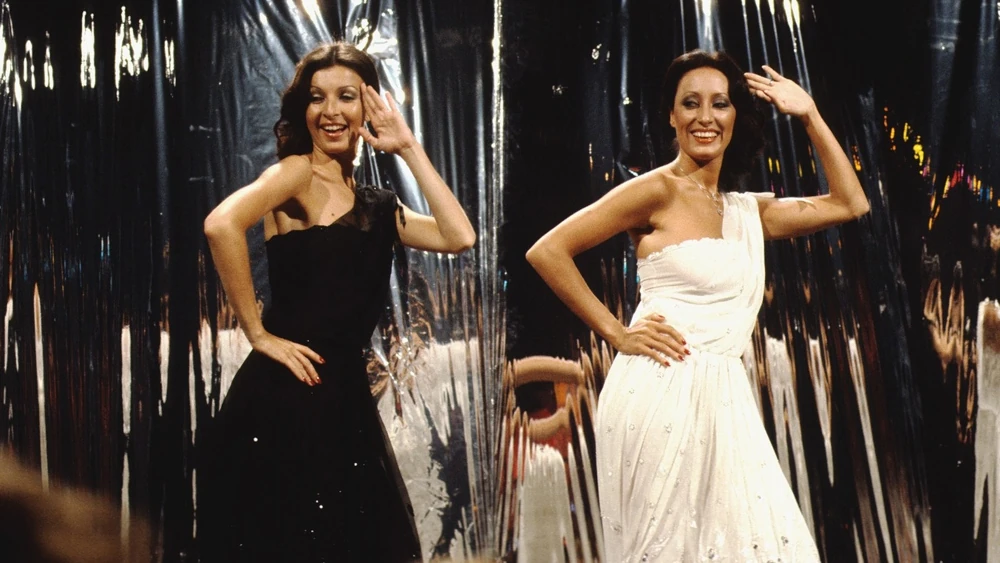
Photo: RTVE.
In Hamburg, they met Rolf Soja, who introduced them to the song Yes Sir, I Can Boogie. “María said to me: ‘Now what do we do? I sing little and you don’t speak English.’ So we hummed the melody, and he was enchanted with us, our look, the sound of my voice. Rolf was clear it would be a success.” As soon as the record was released, it was number one without having appeared in any media. Baccara toured television channels across Europe, Korea, Japan, Russia… Follow-up hits like Sorry I’m a Lady, Love You Till I Die –Mateos’ favorite– or Parlez-Vous Français?, with which they represented Luxembourg in Eurovision in 1978. “Traveling and succeeding was María’s dream. I told her: you have so much imagination. But that’s how it was. We were the perfect complement. I never imagined being famous. Nor did I think of going to therapy to digest the success, it was a different time: Why, to take away the joy we had?”
End of the Road
In 1982, Mayte received a call at her house in Oslo with bad news: “María has taken us to court.” “I didn’t know anything, apparently, she was unhappy with a mix, but it all happened between the record label and her,” who ultimately won the lawsuit. “For me, that was such a catastrophic and absurd end… She killed the goose that laid the golden eggs. The record label had treated us so well, we were their darlings. But María wanted to sing 50% and went against them. She thought I would go with her, but I said no, after everything they had done for us. That was the destruction of Baccara, the original, in 1982.”
Since that year, Baccara went from being a duo to two groups, and the two friends, who had toured the world conquering the charts, continued their careers separately. “I’ve been with 4-5 companions trying and trying, but no one matched María’s presence. We never spoke again, she always maintained that everything ended because I wanted to sing solo.”
For the last 18 years, Mayte has stayed active with Baccara, alongside Paloma Blanco, and they closed 2024 performing in Sweden. “Over the years, watching videos on YouTube, I’ve finally understood the success we had, because the truth is we were amazing,” says Mateos, who still receives income from the use of that hit that catapulted them to fame. “I must have a lot of charm with my Spanglish, because ad after ad, they still use the song, and now they also get paid for the streaming,” she concludes.
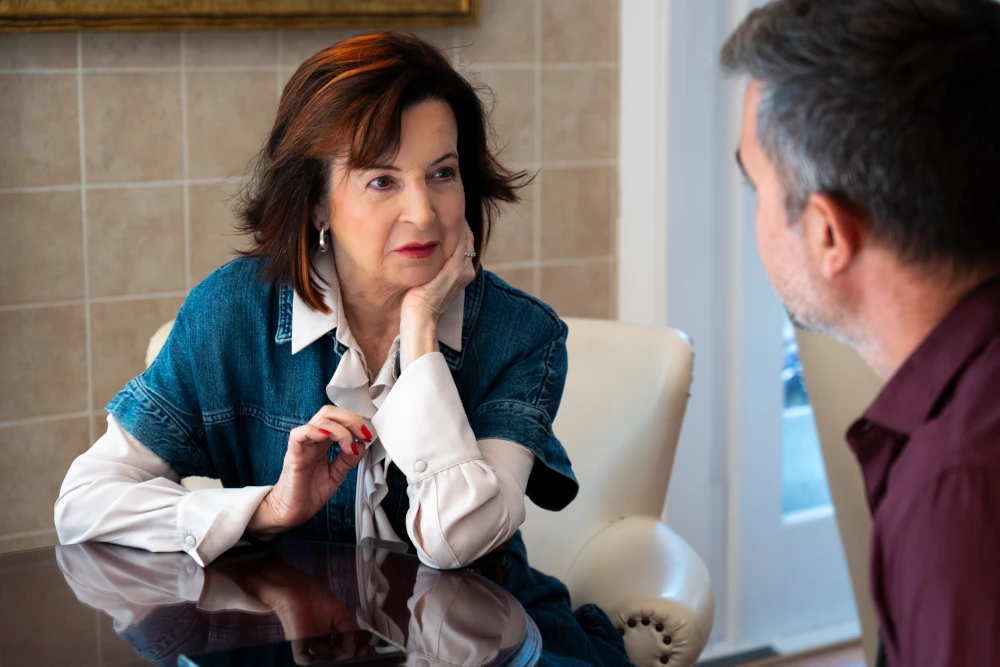
Mayte Mateos, in Mallorca during the interview with Mallorca Global Mag.


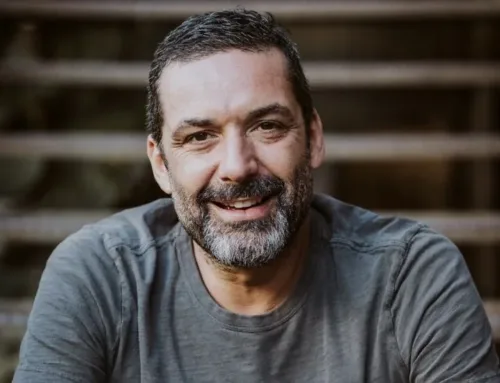
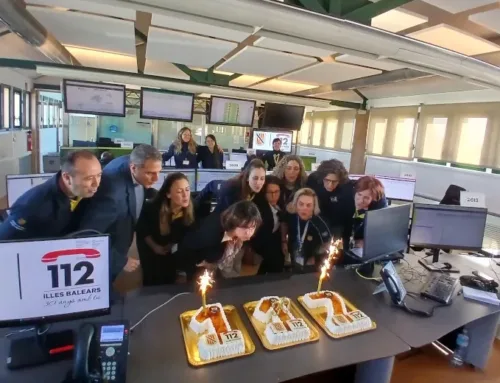
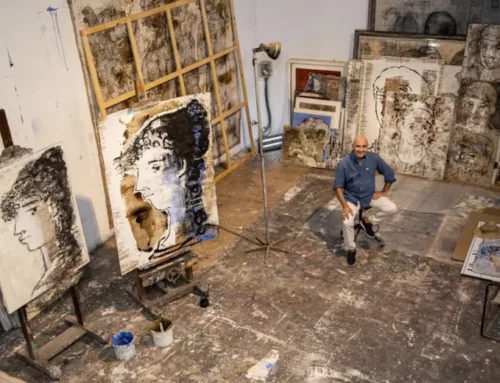



Leave A Comment